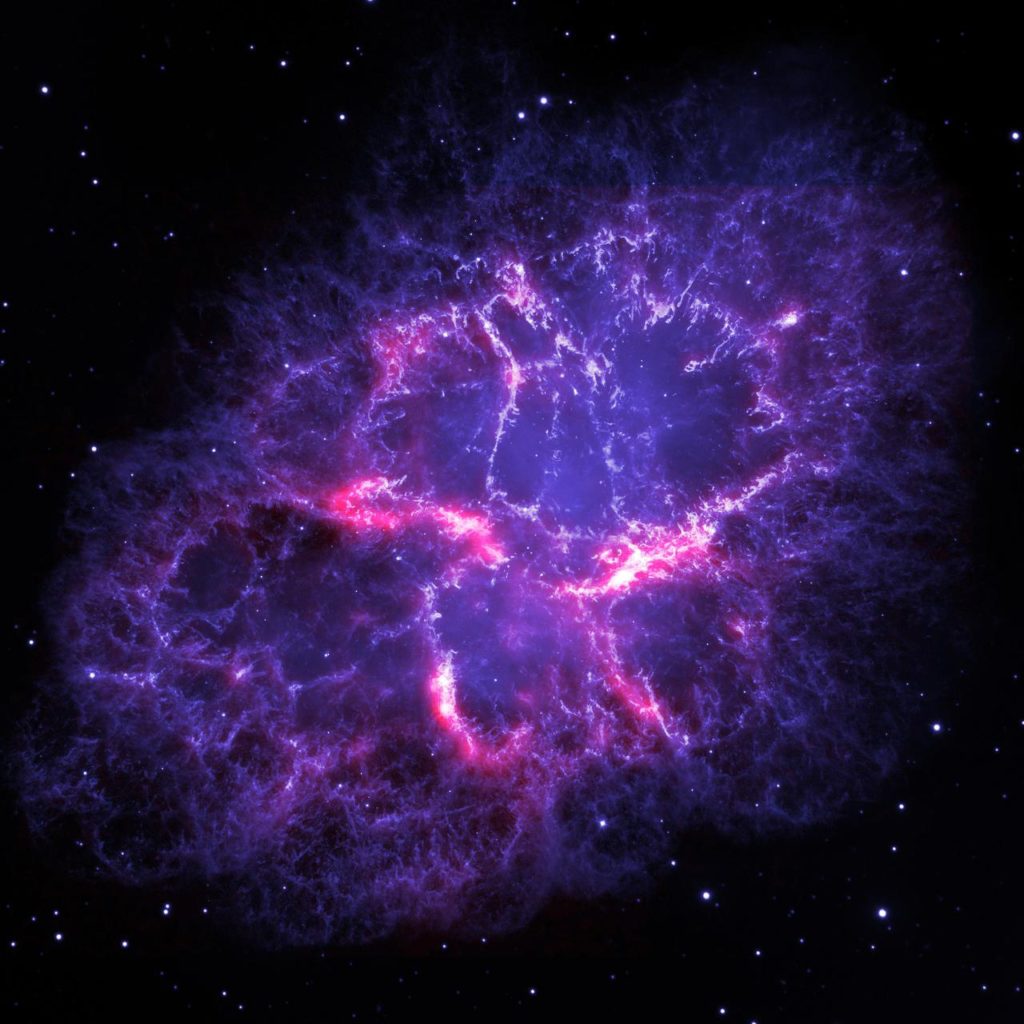
In our conversations we have realized that the question of pre-existence is important to many.
We read texts such as Ephesians 1:4 “…He chose us in Him before the foundation of the world…” or Jeremiah 1:5 “Before I formed you in the womb I knew you…” and wonder in what way were we known before we were born?
To realize that your existence was anticipated with joy, that God imagined you before you were born, is a truly overwhelming experience. To find words to describe it is rare and even when we do find words they have to always be revised as they are drawn beyond themselves to the reality of encounter.
In attempting to understand, this ‘wondering’ has brought some to conclude that we somehow existed before we were born; that each person had some form of pre-existence. And so ‘self’ is imagined as a timeless ‘substance’ that appears at a specific time within our reality.
So lets look at those scriptures again. “Before I formed you in the womb I knew you…” Now obviously this was a specific word to Jeremiah, but let’s assume it is true for everyone for the purpose of this exploration. God’s foreknowledge of me does not automatically constitute my personal pre-existence. In fact the idea that Jeremiah still had to be formed in the womb, suggest that what God knew about him was exactly that – God’s knowledge – not an actual substance. Then God set about giving substance to his thoughts in the creation of Jeremiah.
Would you still be you if…
Let me ask another question that might make this more clear. If you consider all the relationships that have influenced you throughout your life, would you still be who you are if none of these relationships were there? Some of you might have children, so let’s imagine all your children are taken out of your live-story. Would you still be you? Now let’s take away your spouse… then your parents. And to really bring the point home, let’s imagine you were born in another culture. Would you still be the person you are now?
Those who have loved most deeply know that love forms and transforms us most profoundly. To imagine ‘self’ as some timeless substance unaffected by relationships is to cheapen or totally disregard the value of love and relationship. The self you are conscious of and much of what is still hidden in the subconscious, have been formed by our relationships.
I have no problem acknowledging that the source of our existence is the infinite God and as such we partake of a reality beyond the time of our existence in this world. Yet that reality cannot be described as ‘self’. Self-consciousness develops throughout our early childhood and continues throughout life. No child is born with a developed self-consciousness because there is no self to be conscious of. Self comes into existence through the relationships we find ourselves in.
Where do these ideas come from?
Understanding how these ideas of a pre-existing ‘self’ developed is very interesting as well. Much of Christian thought is still stuck in the philosophical categories that were relevant in the second and third centuries, specifically their ideas of substance and essence. Christian theologians were deeply engaged with Hellenistic philosophers – some of those conversations were very fruitful and others, well, they kept theology paralyzed in these philosophical ideas which have long since been adjusted.
Plato suggested a realm of perfect forms from which all substances derived their essence. Within this Platonic philosophy, eternity was perfect and therefore changeless – in many ways the exact opposite of our realm of time. In contrast, Hebrew concepts of eternity were not this abstract, They saw God’s eternity as His faithfulness throughout time. God’s eternity consisted in exactly this, that time could not exhaust Him. However, much of early Christian theology embraced the Platonic philosophical concepts instead. And so eternity became changeless and perfection was found in these abstract perfect forms – blueprints of the ideal.
Relational or Magical?
Why is this important? The question of what is the essence, the deepest reality of anything, is still very important today. This ancient philosophy tried to define this essence as its relationship to a heavenly realm of perfect forms. Relationships were merely attributes. Today, however, the importance of relationship is recognized in defining anything.
So let me illustrate with a rather silly example … but one that I think will make the point clear: Let’s take a bottle of wine as an example. It was imagined that in this realm of perfect forms, there existed the ideal wine. Every bottle of wine was derived from this perfect form. The essence of the wine was what corresponded to this conceptual form. Relationships were simply attributes of the wine but did not constitute its essence.
However, our philosophical categories changed and today we know that relationships are not mere attributes, they are the very essence of what forms every essence. It is the complex relationships of environment and people and processes that produced the essence of the wine.
And although the wine maker might have an ideal concept in mind while producing the wine, few still believe that there is a heavenly realm of perfect forms from which this wine derives its essence. Such superstitious thinking has thankfully been replaced by reality.
Within Christian theology, though, this idea of an eternal changeless realm in which we find the perfect form or blueprint of everything became deeply entrenched. Although philosophy and science developed to acknowledge the primacy of relationship and the dynamic nature of all reality, much of theology remained rooted in the old philosophical categories that birthed it. Ironically, those who are most deeply stuck in outdated philosophical ideas have no interest in modern philosophy for they are convinced their ideas are divine revelations.
Obviously this is not the case for all of theology. There have always been voices who have called us beyond these stale and stagnant ideas.
Ongoing Creation and the Primacy of Relationship
But there is a great need within much of theology to acknowledge the ongoing nature of creation and that relationships are not simply additions or attributes, but the very process by which every essence is formed. (For further reading see: Christology and Science, Resting on the future.)
What does this practically look like when applied to my human existence? I can no longer imagine ‘self’ being a substance that was created according to some static blueprint – the ideal form – but rather, self is a dynamic relationship always in the process of being created. Relationship with the Creator therefore takes on a much more living form. Instead of creation being a past event, it becomes an ongoing, unfolding, living relationship.
Instead of a nostalgic search to find an unspoiled ‘self’ in some eternal realm, I can rejoice in the God of possibility who invites us all to participate in the creative process of forming a self that has never been – right here and right now.
Instead of devaluing relationship, we can appreciate the profound importance, the creative power of every moment. The time we have right now is not secondary to some other worldly eternal realm – it is of primary significance.
In Conclusion
The source of our existence – God – is infinite. And we are invited into intimate fellowship with our source. We have all been brought into existence and are sustained in existence by this infinite source – God. And so we can rejoice in God’s joyful anticipation of our existence, but we should not confuse this beautiful anticipation with personal pre-existence. Visions of pre-existence and delusions of an eternal changeless ‘self’ devalues the present and creative force of love. You are dynamic, not static, always changing within the dance of relationship, always transformed by love, always in the process of being created.
Creation is never a historic fact, it is always the ongoing relationship between the Creator and creation.








Once again on the same page here, bru!!!
We need to skype sometime …
Yeah, we should. Going to send you my Skype Name…:)
Thankyou Andre. You are making me think!! One thing I know is that we need not be afraid of discovering that we have been wrong for if we have what replaces it will always be better, always.
I took much comfort in knowing that before I was in Adam I was in Christ.
Instead of tracing myself back to a fallen Adam I could go back further to being in a perfect Christ. While at the time that was life saving for me, I don’t quite know what to think now but I am sort of understanding what you are saying .
Thanks for writing this Andre, it has helped me grasp much more the idea of self and it’s formation. I tried to read the Antonio Damasio book a while back and as much as I wanted to – I could not get my head round it! Looking forward to watching the videos.
Also I’m going to be helping with a group with young teens 13-16 if anyone can recommended any good study materials, that I might be allowed to use!
Very cool !! Endless creation!!! Unfolding story!!! Love you guys!!!!
Hi Don – the feeling is mutual!
Thank you Andre for what you share abt “Papa” which has radical blessed me the way I view God, which in turn has changed me the way I relate to my wife Tanya and my kids Samuel (10),Joel (9),Judah (2). off the infinite possibilities God has placed within each of us inviting us to explore with Him!!! Be blessed Andre!!!
Thank you Savio. Recognizing the gift of relationship and the opportunity it presents to create beauty and meaning… I think that is the very heart of God.
Beautifully put brother.I am all smiles. Thank you for you reply from my question on your video.
Such a joy David. Thank you for engaging.
Andre, is this the pre-existance that Francois du Toit preaches?
I would think that our preexistance, was / would be our spirit man. Not our ego, this is something we have “put on” for this season of our existance, and when we see him we will be like him. Healed of this this life we shall see face to face and have grown because of this life journey.